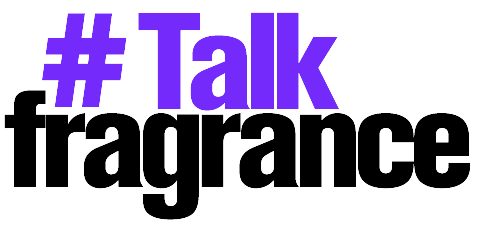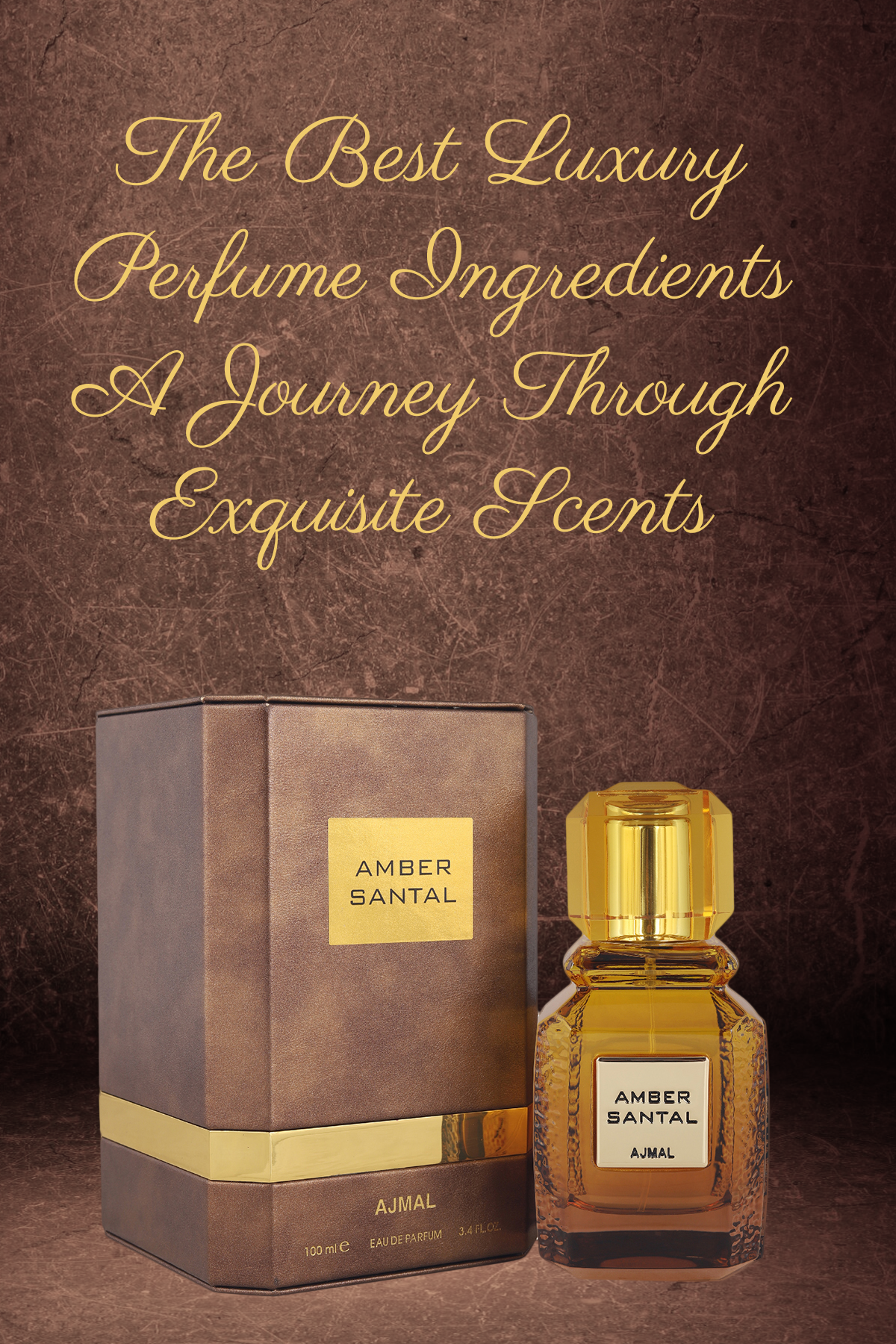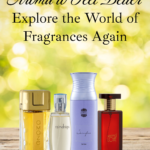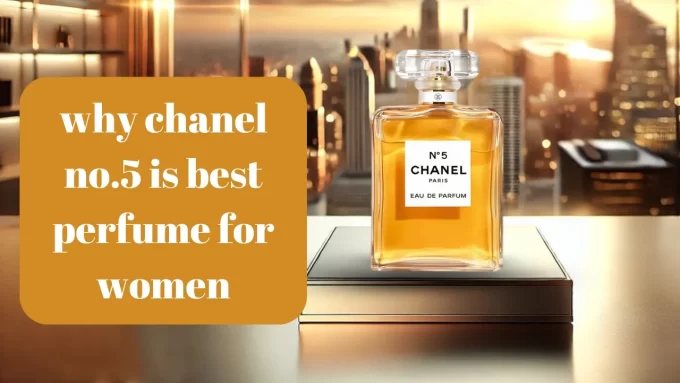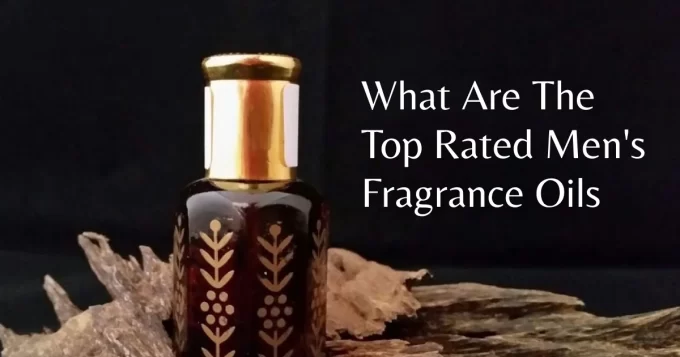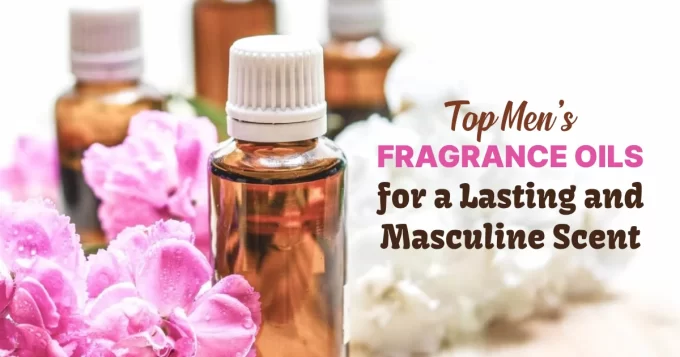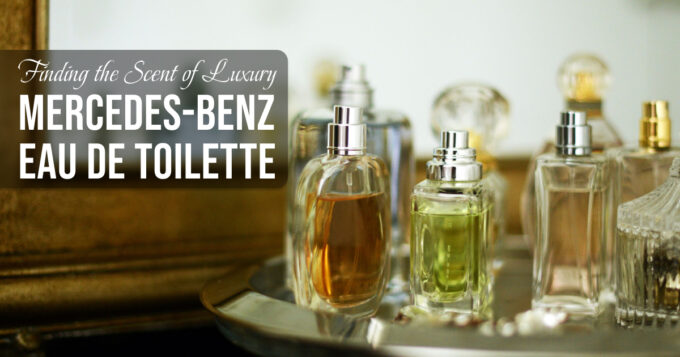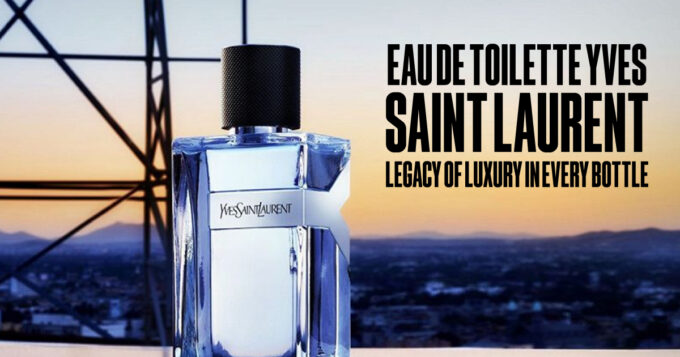Luxury scents embody elegance, sophistication, and enduring appeal. The quality and rarity of the components distinguishes these perfumes from the rest. Perfumers frequently go to considerable lengths to find the highest quality raw materials from throughout the world, ensuring that each bottle oozes grandeur and appeal.
In this blog post, we’ll look at the best luxury perfume ingredients, including their origins, qualities, and the distinct charm they provide to the world of haute perfumery.
1. Oudh (agarwood)
Origin and Extraction
Oudh, commonly known as agarwood, is a highly desirable element in luxury fragrance. It comes from the Aquilaria tree, which produces a dark, resinous heartwood when infested with a special type of mold. This uncommon and valuable resin is mostly found in Southeast Asia.
Characteristics
Oudh is known for its rich, woody, and complex scent, with sweet and smoky notes. Its deep aroma character imparts mystery and luxury to any fragrance, similar to the iconic Chypre de Coty, which combines lush floral and earthy elements. Oudh is one of the most expensive perfume ingredients due to its scarcity and labor-intensive extraction technique.
Notable perfumes include Tom Ford Oud Wood, a subtle blend of oud, spices, and woods.
Amouage Interlude Man: Creates a seductive aroma by combining oud, amber, frankincense, and spices.
2. Ambergris
Origin and Extraction
Ambergris is a waxy substance found in the digestive system of sperm whales. It is found either floating in the ocean or washed up on land. Ambergris is extremely valuable in fragrance due to its scarcity and unique origin.
Characteristics
Ambergris has a diverse smell character that is commonly described as sweet, earthy, and sea, with a hint of musk. It imparts depth and warmth to perfumes, increasing their duration and sillage.
Notable Perfumes – Creed Aventus: Contains ambergris, which enhances the fruity and woody notes.
Dior Ambre Nuit: A rich combination of ambergris, rose, and spices.
3. Jasmine.
Origin and Extraction
Jasmine is a delicate flower found in tropical and subtropical climates. The concentrated form utilized in perfumery is jasmine absolute, which is extracted from the jasmine plant’s blooms using a solvent.
Characteristics
Jasmine is known for its sweet, flowery, and slightly narcotic scent. It lends a sensuous and luxurious feel to perfumes, making it a popular ingredient in many premium fragrances.
Notable Perfumes – Chanel No. 5: A classic fragrance with jasmine in the flowery bouquet.
Tom Ford Jasmine Rouge is a rich and exotic blend of jasmine, spices, and wood.
4. Rose
Origin and Extraction
Rose is one of perfumery’s most iconic components. Rose oil and rose absolute are produced from the petals of numerous rose species, the most appreciated of which are the Damask rose and Rosa Centifolia.
Characteristics
Rose has a deep, flowery, somewhat spicy scent. It is adaptable and may be combined with a wide range of other notes to produce both traditional and modern smells.
Notable Perfumes: – Maison Francis Kurkdjian A La Rose: A fresh and radiant interpretation of rose. – Jo Malone Red Roses: A romantic and modern scent combining seven different varieties of roses.
5. Sandalwood.
Origin and Extraction
Sandalwood is a rare wood derived from the Santalum tree, which grows mostly in India and Australia. The essential oil is produced by steam distillation of the heart wood.
Characteristics
Sandalwood is recognized for its creamy, woody, and somewhat sweet scent. It imparts warmth and smoothness to smells, making it a popular foundation note in many luxury perfumes.
Notable Perfumes – Le Labo Santal 33:** A modern classic with sandalwood as its main ingredient.
Guerlain Samsara: This fragrance combines sandalwood, jasmine, and ylang-ylang for a rich, exotic aroma.
6. Iris
Origin and Extraction
The rhizomes of the Iris germanica plant produce iris, also known as orris root. The extraction procedure is lengthy and difficult, requiring several years of maturing before the rhizomes are distilled into essential oil.
Characteristics
Iris emits a powdery, earthy, and faintly floral scent. It enhances the elegance and sophistication of perfumes and is frequently utilized in high-end scents.
Notable Perfumes -Prada Infusion d’Iris: A fresh and elegant take on iris.
Guerlain Apres l’Ondee: A classic fragrance highlighting the delicate beauty of iris.
7. Vanilla.
Origin and Extraction
Vanilla is extracted from the pods of the Vanilla planifolia orchid, which originated in Mexico and is now farmed in a variety of tropical locales. Curing and drying the pods is the first step in obtaining the aromatic component.
Characteristics
Vanilla is noted for its sweet, creamy, and warming scent. It imparts a warm and gourmand aspect to perfumes, making it a popular choice for both men’s and women’s fragrances.
Notable Perfumes – Tom Ford Tobacco Vanille: A rich, sumptuous perfume combining vanilla, tobacco, and spices. – Dior Addict: A seductive blend of vanilla, orange blossom, and tonka beans.
8: Vetiver
Origin and Extraction
Vetiver is a grass native to India, Indonesia, and Haiti. The essential oil is collected from the roots using steam distillation.
Characteristics
Vetiver has a rich, woody, earthy perfume with smokey and green undertones. It imparts a grounded and sophisticated feel to perfumes and is commonly employed as a base note.
Notable Perfumes – Chanel Sycomore: A smokey and woody fragrance based on vetiver.
Guerlain Vetiver: A traditional take on vetiver with a fresh, crisp character.
9. Patchouli.
Origin and Extraction
Patchouli is a tropical plant native to Southeast Asia. The essential oil is produced from dried leaves by steam distillation.
Characteristics
Patchouli has a deep, earthy, and slightly sweet scent, with woody overtones. It lends depth and complexity to aromas, making it a common element in high-end perfumes.
Notable perfumes include Tom Ford White Patchouli, which combines patchouli with white florals for a modern touch.
Paco Rabanne Lady Million is an extravagant and sexy fragrance that includes patchouli.
Conclusion:
The use of these beautiful ingredients enriches the realm of luxury perfumes, since each adds its own distinct charm and character to a fragrance. From the deep, woody notes of oudh and sandalwood to the sweet, floral fragrances of jasmine and rose, these ingredients embody the essence of haute perfumery.
Whether you are an expert or a casual fan, recognizing the value of these exquisite ingredients will help you appreciate the art of perfume production. Explore these top luxury perfume ingredients and enjoy the timeless elegance they provide.
